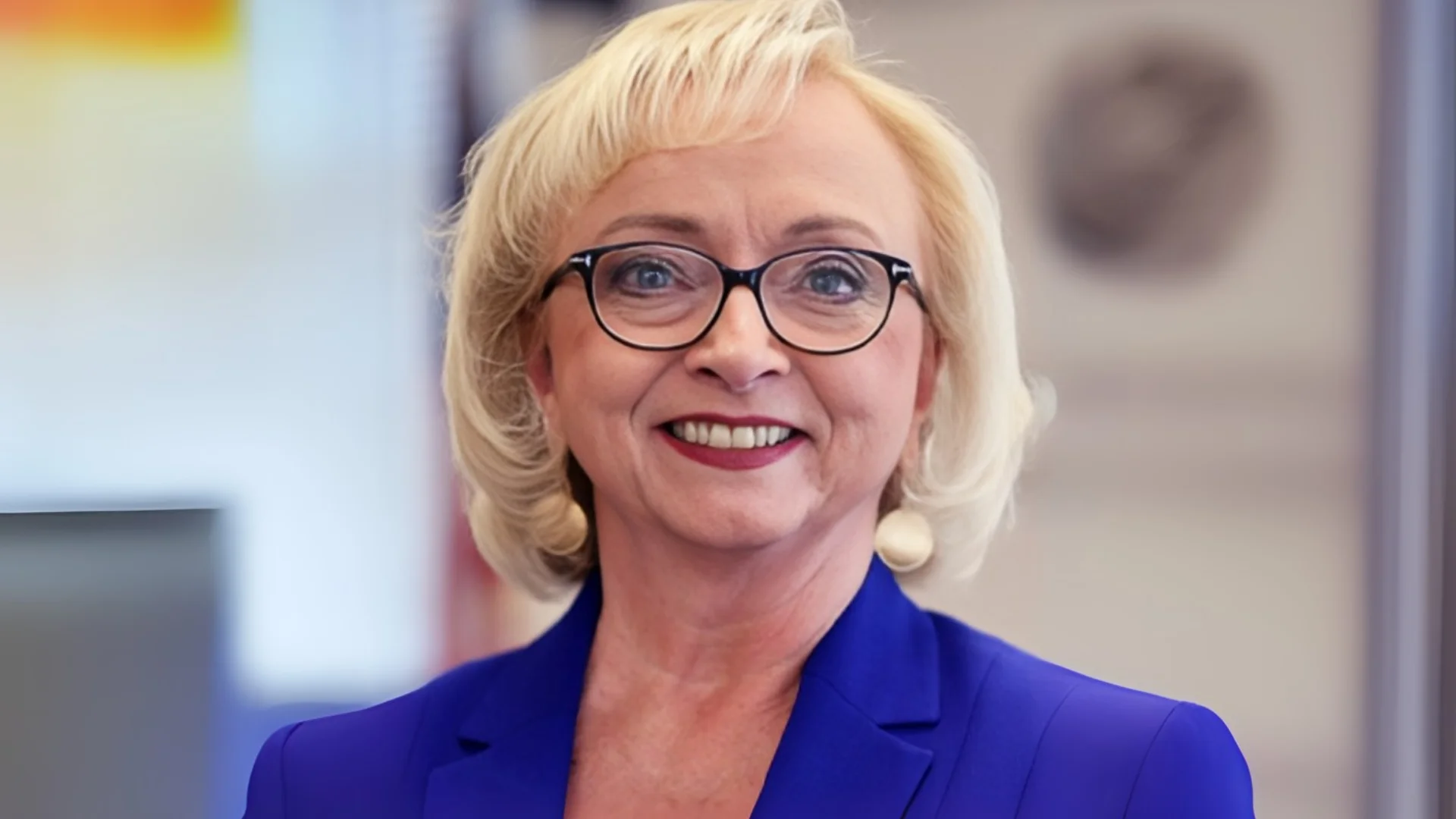
Texas education organizations are concerned about the prospect of expanded virtual schools as many families don't have internet access. | Pixabay
Some education leaders in Texas are voicing their concerns about the prospect of schools receiving vouchers to expand access to virtual learning.
A big concern relates to many families, including low-income and rural area households, not having internet service, Reform Austin reported.
“There is an enormous digital divide that prohibits the effectiveness of unrestricted virtual access,” the Coalition for Public Schools said in a recent letter to Texas Education Agency Commissioner Mike Morath, as posted on the coalition’s website.
While school districts have been trying to increase internet access as COVID-19 has presented the need for online instruction, Texas State Teachers Association spokesman Clay Robison questions the intentions of virtual school operators, according to Reform Austin.
“During this pandemic, many school districts have gone to great lengths to provide Wi-Fi to these kids, including putting school buses in parking lots and turning them into Wi-Fi locations,” Robison told Reform Austin. “Would virtual operators go to all this trouble and expense? I seriously doubt it. They would find a way to cherry pick their students instead.”
Robison also doubts that virtual school operators will do the right thing regarding special education children.
“It is difficult to provide all the activities and lessons that special education children need over a computer and we are not convinced that the owners of virtual schools would make the effort, as thousands of Texas teachers have done during this health emergency,” he told Reform Austin.
Additionally, Robison echoed the sentiment of Coalition for Public Schools by stating that expanding virtual learning would be ineffective because online schools don’t perform as well as traditional ones.
“Research by the well-respected National Education Policy Center shows that virtual schools consistently perform more poorly than traditional public schools, lagging behind in graduation rates, annual progress reports and student performance ratings,” Robison told Reform Austin.
The Coalition for Public Schools, which includes Texas State Teachers Association as a member, is advising the Texas Education Agency to focus on expanding broadband connectivity for Texas students and implementing blended learning programs.






 Alerts Sign-up
Alerts Sign-up